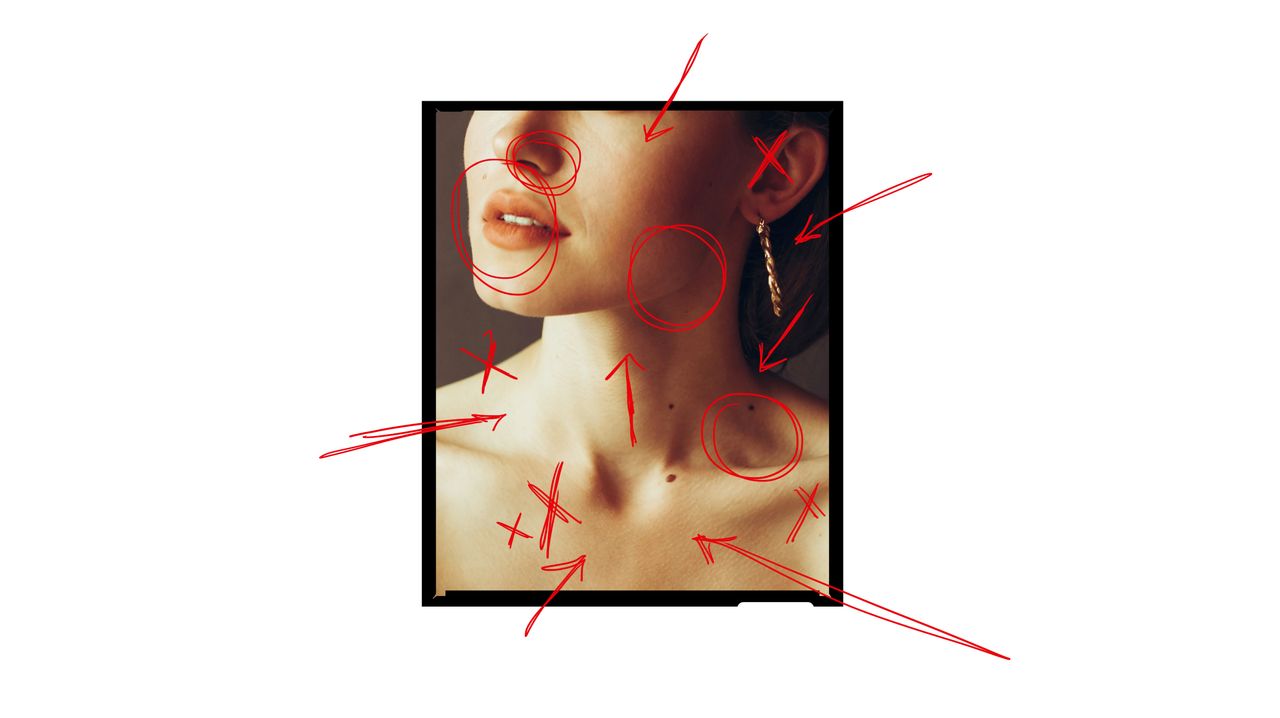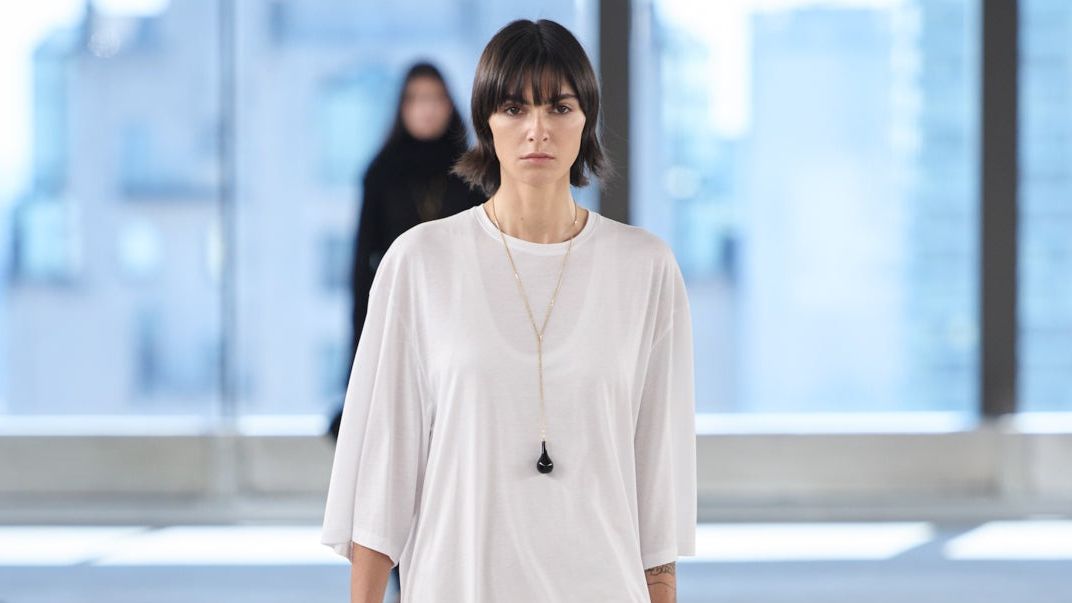Blog
It’s Time for Doctors to Stop Speculating About Celebrity Plastic Surgery

Even when celebrities or viewers call out the inaccuracies or insensitivity of these speculations, the doctors, nurses, and injectors making the comments can still benefit from the engagement and name recognition from viral posts. Not only is Betteridge’s post about Khloé Kardashian still up, he’s since moved on to posting about Emma Stone, whose appearance is currently under an internet microscope following a recent public appearance. Betteridge told Yahoo after the Kardashian incident, “I’ve grown my following from, I think, 7,000 to over 500,000 in the space of about three years. A lot of it has come down to celebrity content.”
Contributing to this genre of content—both on social media and in tabloids—is, for the most part, frowned upon in the plastic surgery industry, says Darren Smith, MD, a plastic surgeon in New York City. “I think a lot of people do it if they don’t necessarily have other things to talk about.” As Chrissy Teigen, who often documents her plastic surgery on social media, once wrote on Instagram, “ My doctor would never, ever, hang out on Instagram and dissect people’s faces … he’s too busy working.”
What I find even more inane about speculating on celebrities’ work is that the targets are inarguably beautiful people. It risks sending the message that no one should settle with their natural or enhanced features because everyone could always use more. “It sets unreasonable expectations,” Dr. Azizzadeh says.
There are professionals out there who do handle celebrity plastic surgery content differently—giving insight into buzzy procedures after celebrities talk about them, for example, so people can learn more about the risks and benefits from board-certified plastic surgeons. They get bonus points in my book if they make sure to insist that no procedure is ever one-size-fits-all. “Once the information is in the public domain, it’s almost my duty to say, ‘Hey, this is radical transparency and that’s great, but it’s useless information because you should not ask for a facsimile of what they had done and here’s why,’” Dr. Smith says. Posting comparable before and after images of their patients—with their permission—is also a sign they aim to demonstrate their skills rather than exploit famous strangers.












